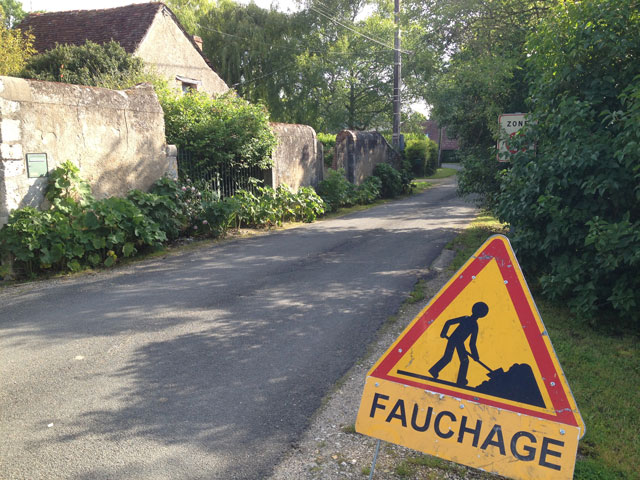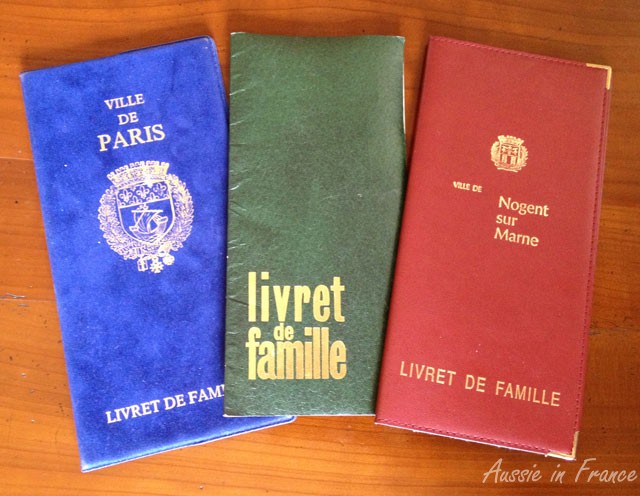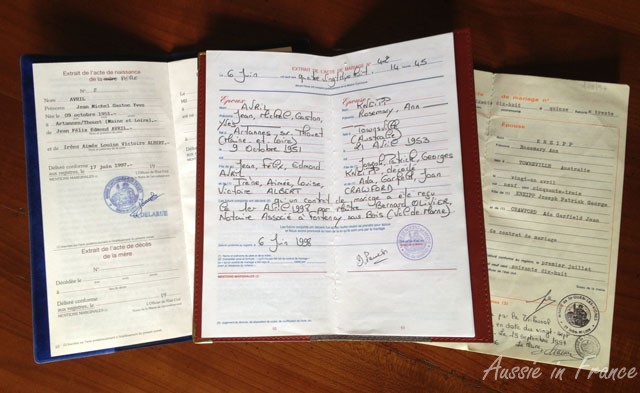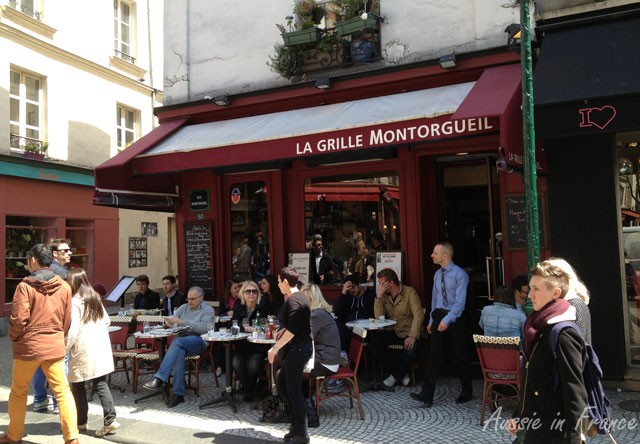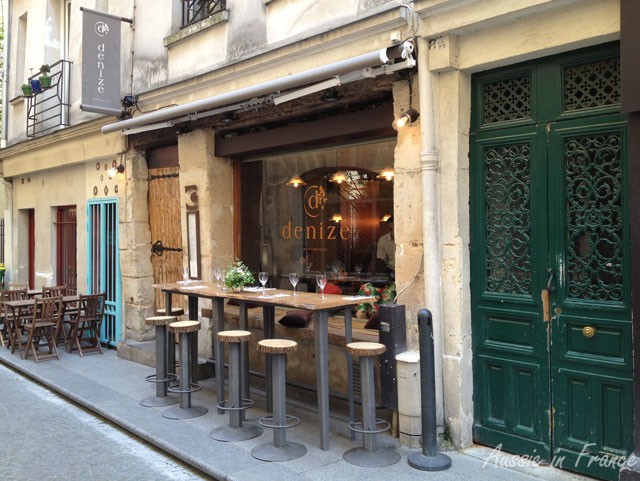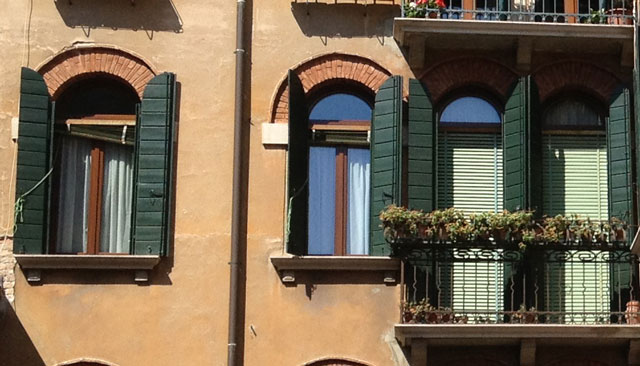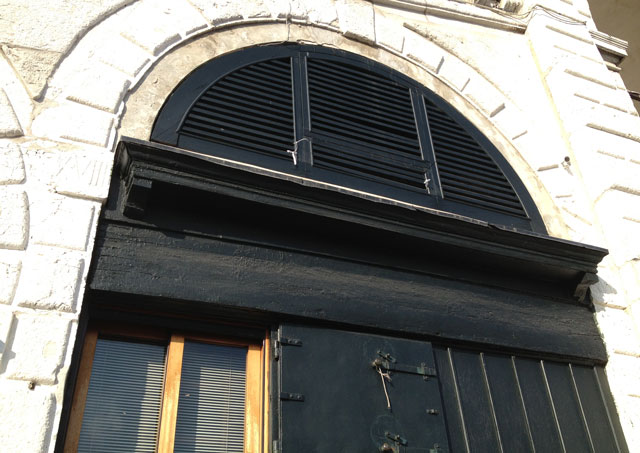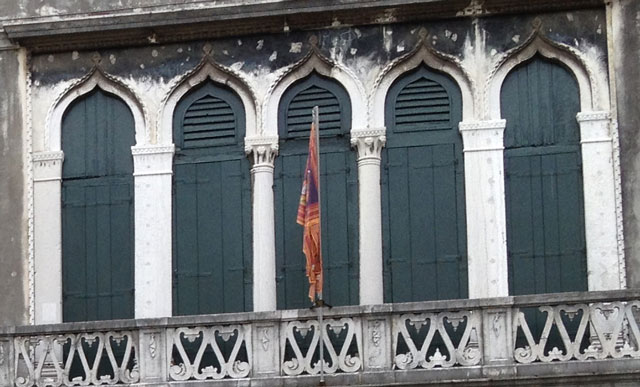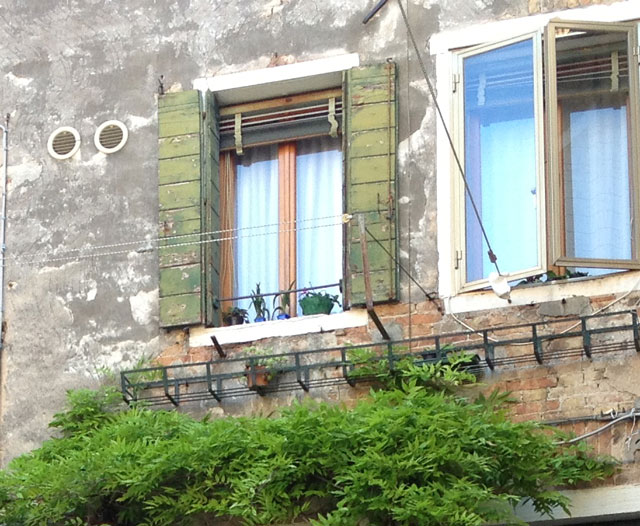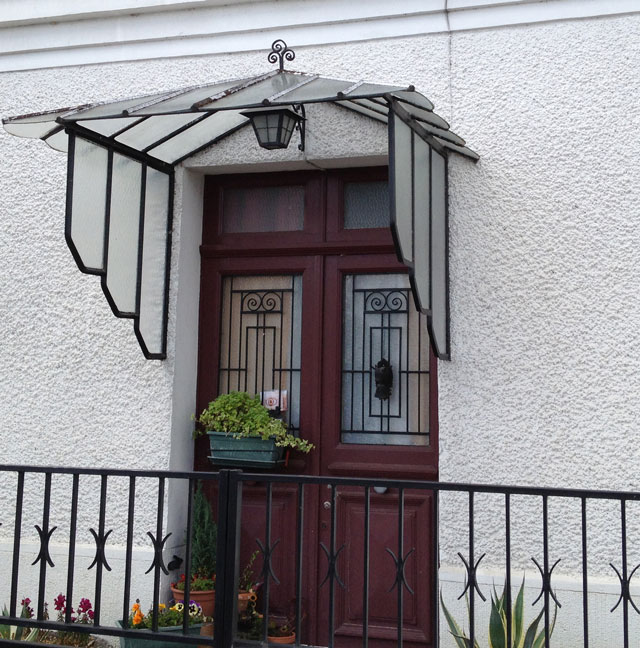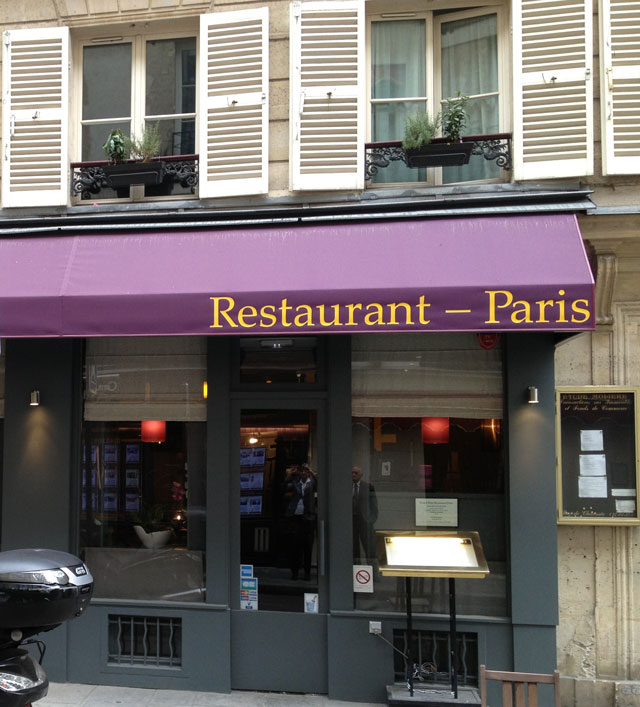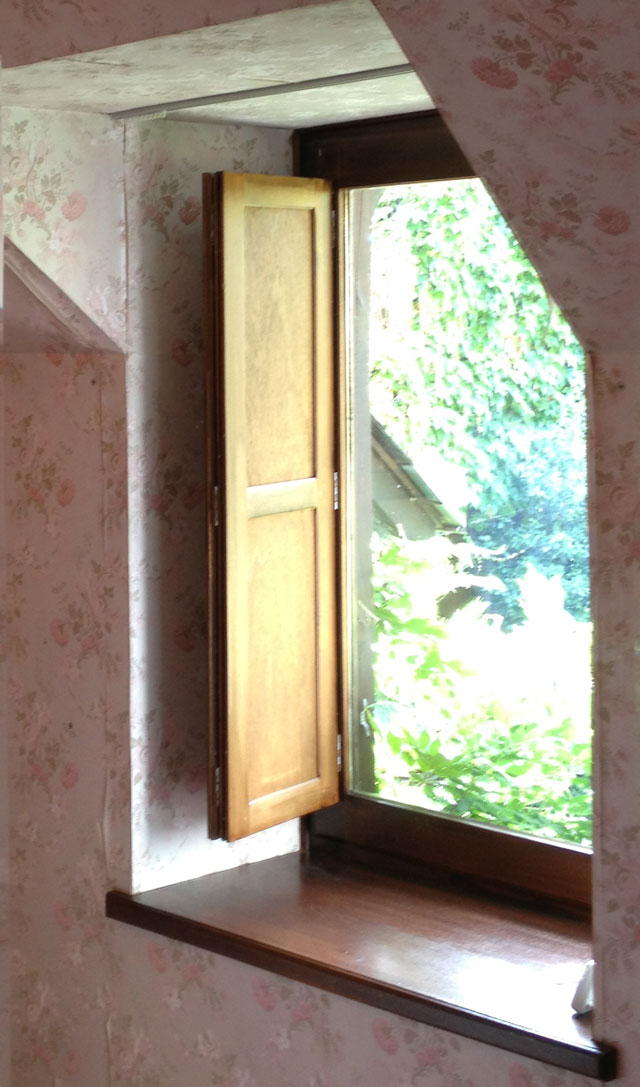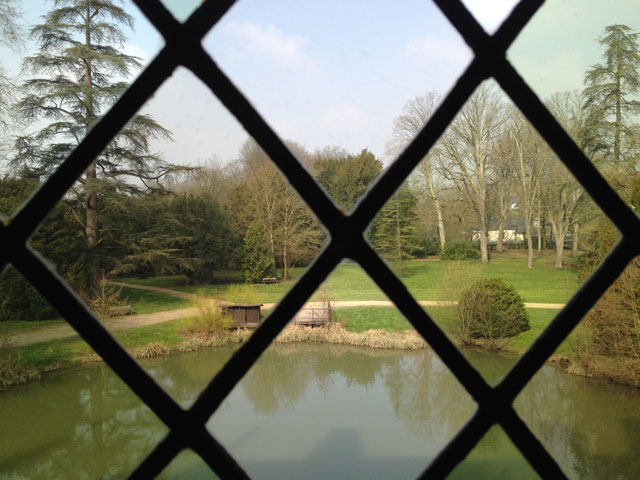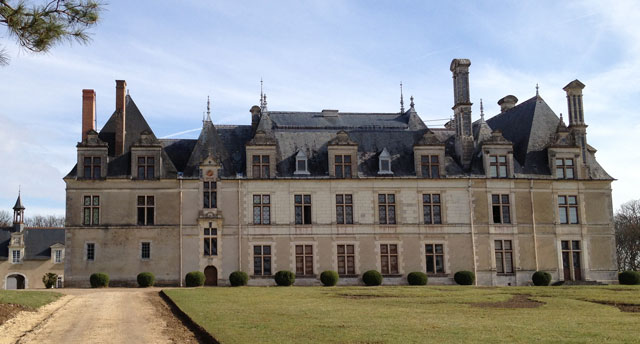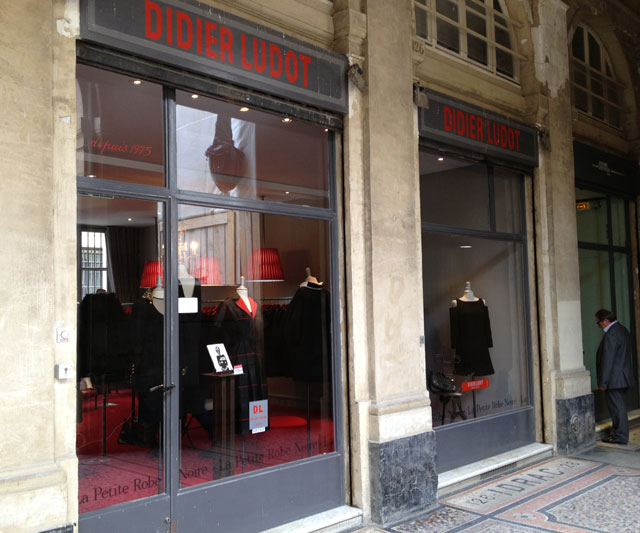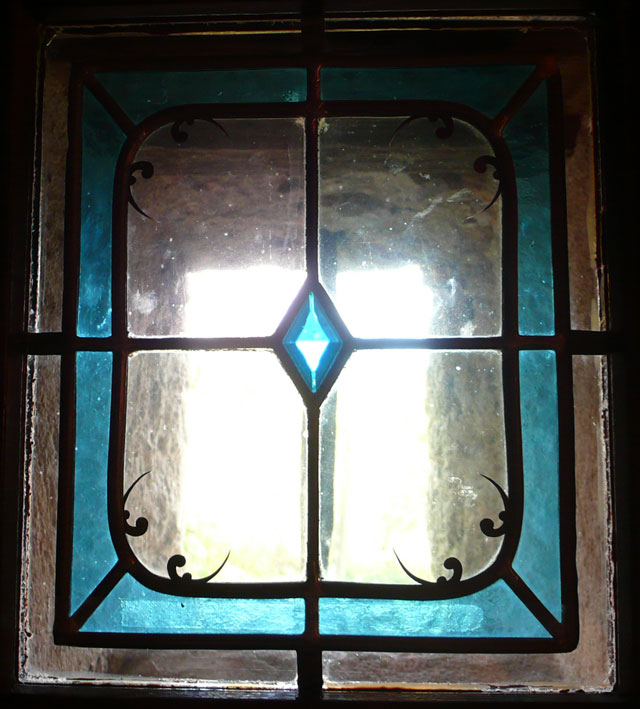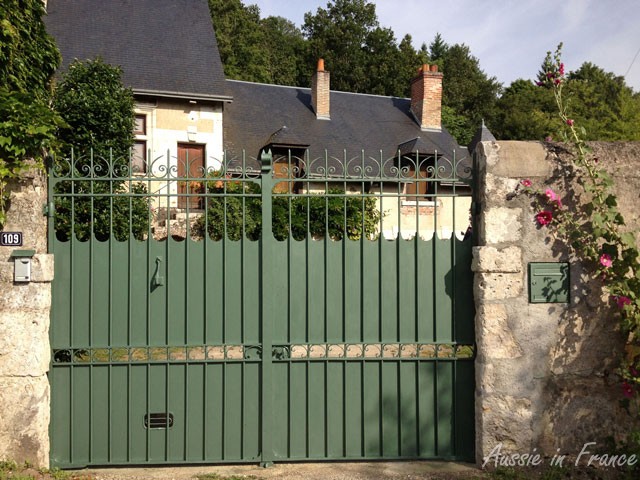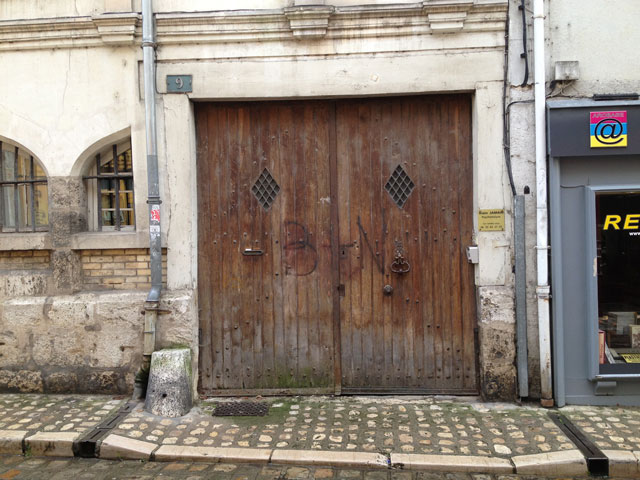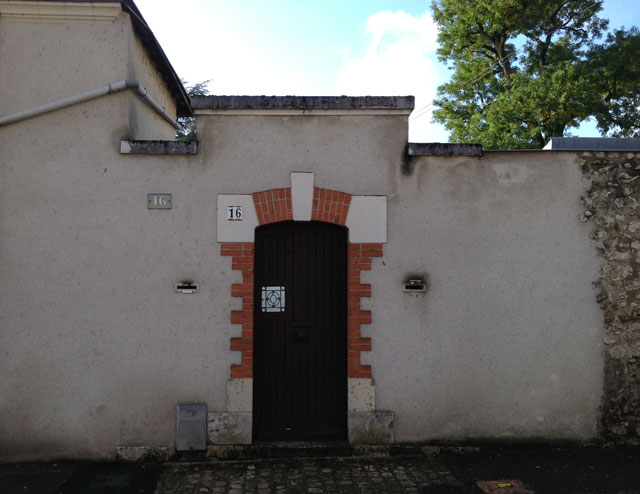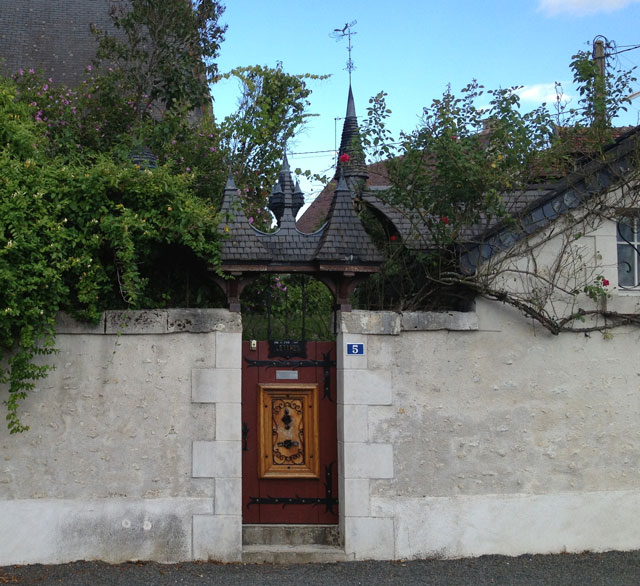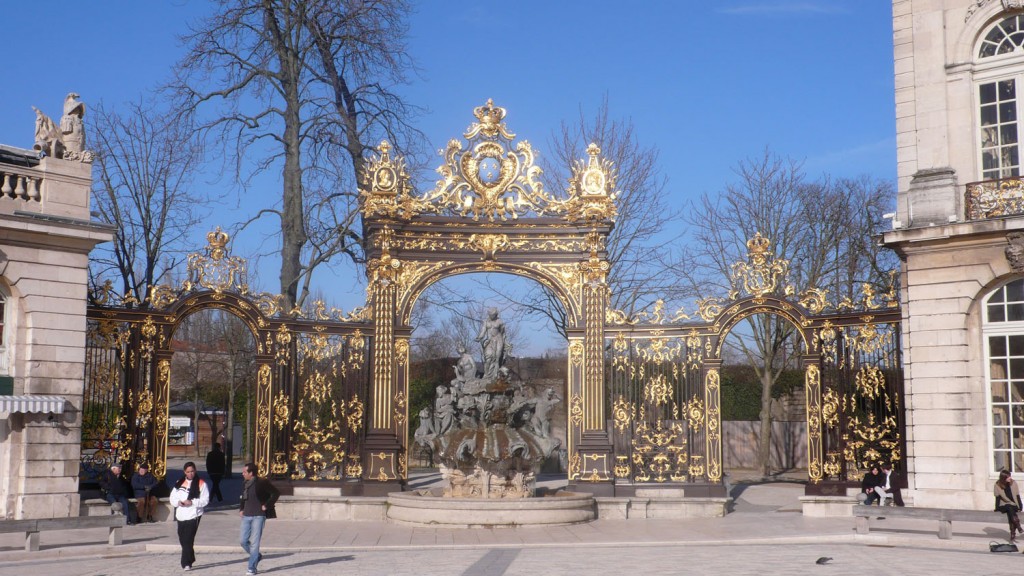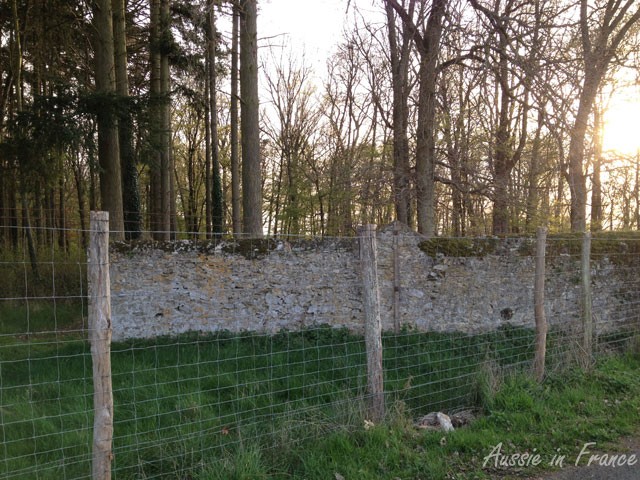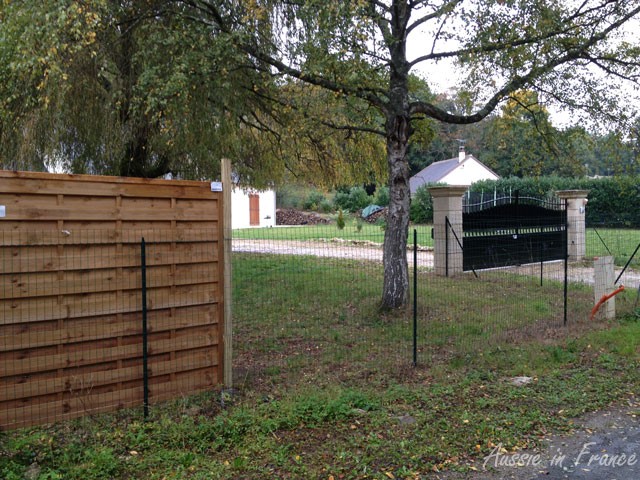Il a tort – elle a raison : He’s wrong – she’s right.
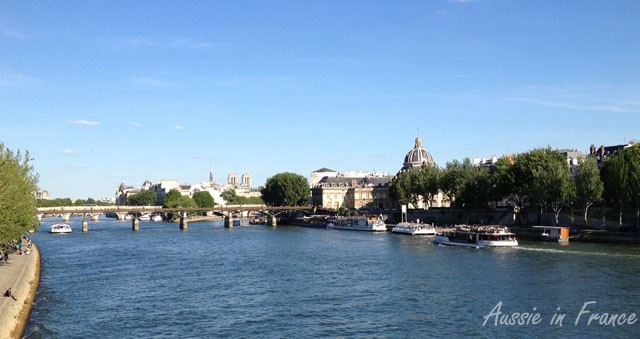
Tort comes from the Latin tortus meaning “twisting” as in tortuous so it’s a sort of deviation from the straight and narrow, isn’t it?
Faire du tort à quelqu’un means to harm someone morally.
Tort also carries the idea of fault. Elle a un tort, c’est de trop parler: her one fault is that she talks too much. (I think a lot of us are inclined that way. The day Jean Michel taught me never to give an excuse for not being able to do something I didn’t want to do, I felt liberated! Saying “I’m afraid I can’t make it” rather than “I can’t come because”then launching into a lengthy explanation is just so much easier once you learn the knack).
Ils ont tous les torts de leur côté: the fault is entirely on their side.
But tort is not usually used to indicate an error or mistake.
I’m in the wrong job – je ne suis pas fait pour ce travail (I’m not made for this job) which shifts the onus, doesn’t it. It’s not really the job that wrong after all.
That’s the wrong kind of plug – ce n’est pas la bonne prise (it’s not the right plug).
She married the wrong man – elle n’a pas épouse l’homme qu’il lui fallait (she didn’t marry the man she needed).
It’s the wrong road for Paris – ce n’est pas la bonne route pour Paris (it’s not the right road for Paris)
He told me the wrong time – il ne m’a pas donné la bonne heure (he didn’t give me the right time).
Interesting, isn’t it ? In all the above examples, the negative is used to express the idea of wrong.
Occasionally however, mauvais (bad) is used to mean wrong just as bon (good) is used to mean right.
You’re going the wrong way – tu vas dans le mauvais sens.
He made the wrong calculation – il a fait un mauvais calcul
The reflexive verb se tromper is often used to mean wrong as well although it literally means to make a mistake.
He took the wrong train = Il s’est trompé de train or Il n’a pas pris le bon train.
“You’re wrong” can be either vous avez tort or vous vous trompez.
I’m sure you have lots of other examples.

